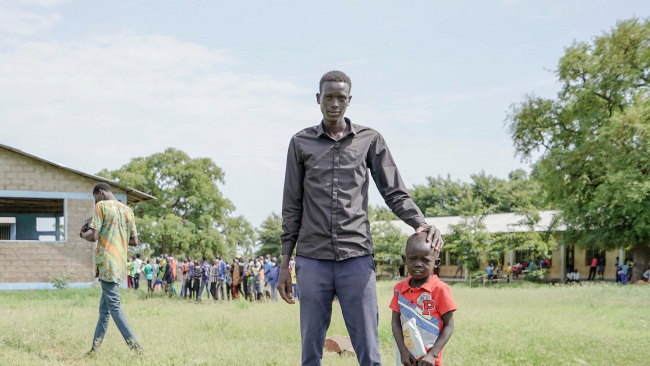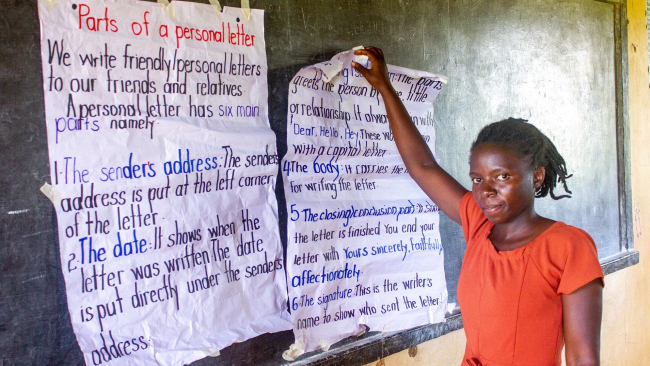The COVID-19 pandemic is severely affecting technical and vocational education and training (TVET) systems and labour markets amid the double crisis that the world is facing:
– A health crisis, as the pandemic is spreading and confinement measures are being taken. The health crisis is resulting in the closure of TVET providers and firms, forcing changes in the organization of training and work. This emergency situation could last for several months. Priorities include ensuring the continuity of skills development, and introducing short-term training programmes to bridge skills gaps that are caused by the health crisis.
– An economic crisis, as confinement measures are leading to a major recession across key economies and activity sectors, which could worsen into a durable depression. Skills development will be part of the policy response to the massive loss of jobs, to reorient workers towards employment or entrepreneurship. Besides, the crisis might lead to emerging trends in the world economy being accelerated, such as the digitization of the workplace, or reversing, such as globalization and the concentration of strategic industries in a few countries. Major shifts in the demand for skills on the labour market may occur, which TVET systems will need to address.
The impact of the crisis on the transition towards sustainable development is uncertain. Confinement has led to dramatic reductions in greenhouse gas emissions and air pollution, but recovery plans may focus on restarting industries as they existed before the crisis rather than initiating the transition. The capacity of the private sector to make the heavy investments required in key sectors such as energy or transportation may be reduced.





